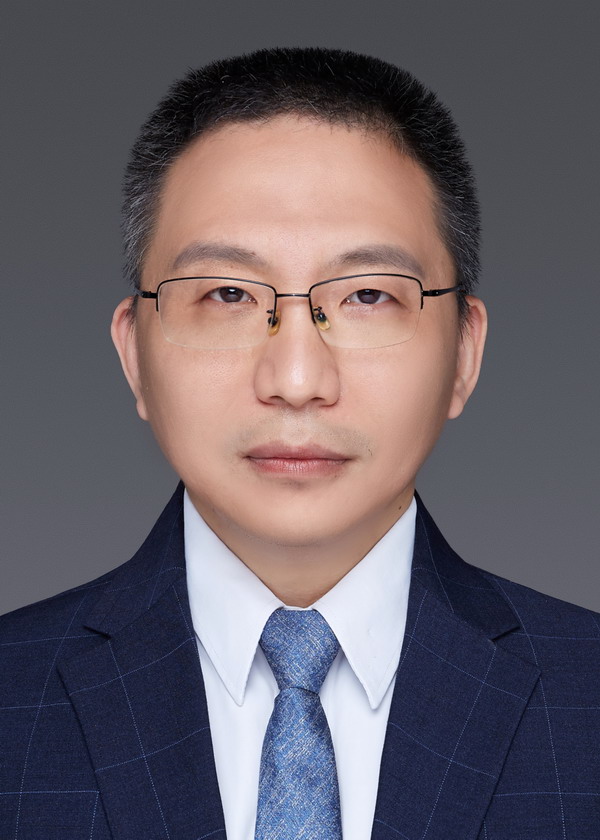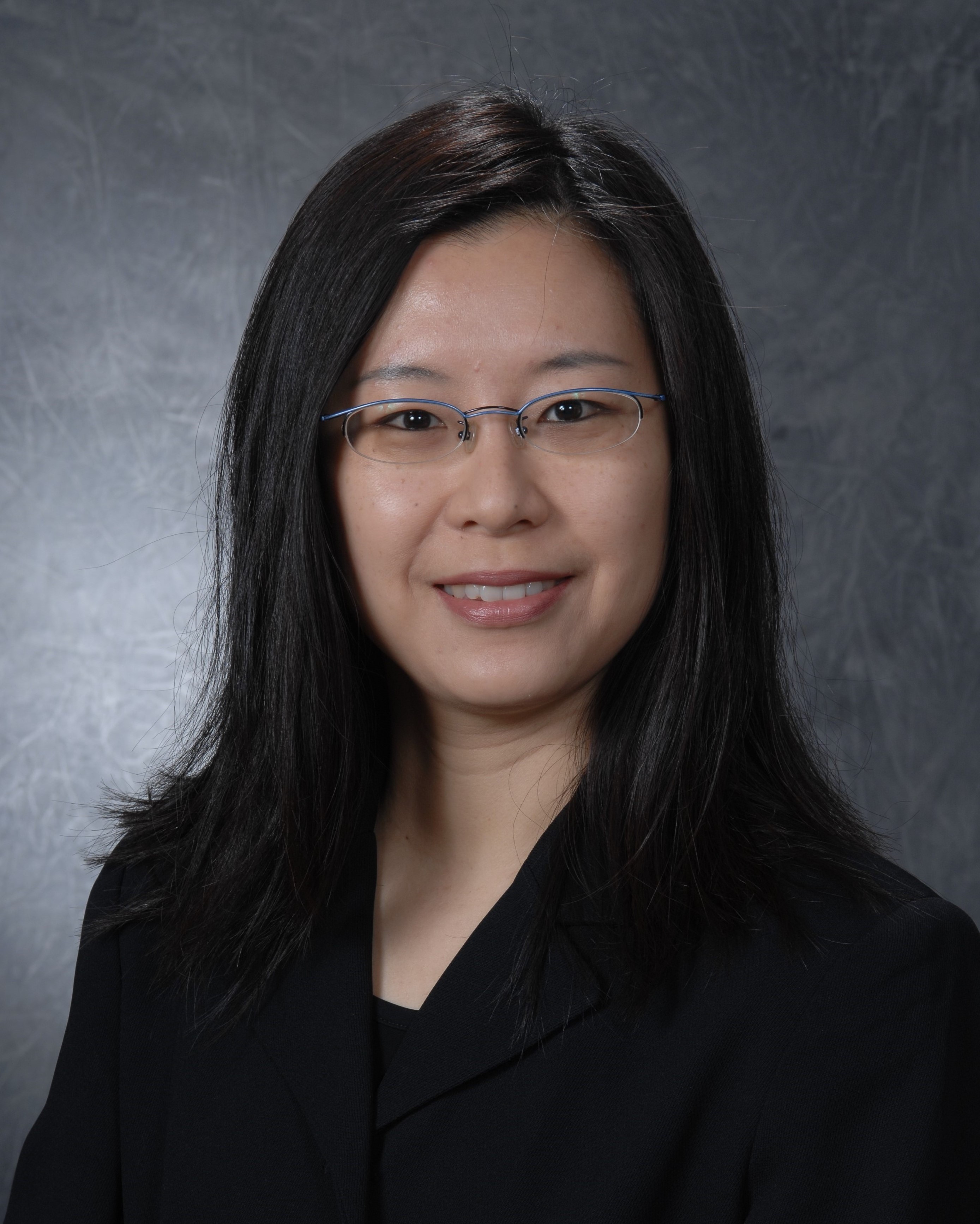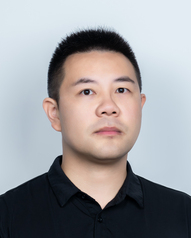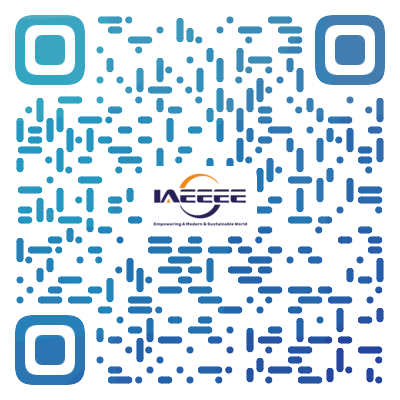Keynote Speakers 2023
Keynote Speaker I

Prof. Zuqing Zhu
IEEE Fellow
University of Science and Technology of China
Biography:
Prof. Zuqing Zhu received his Ph.D. degree from the Department of Electrical and Computer Engineering, University of California, Davis, in 2007. From 2007 to 2011, he worked in the Service Provider Technology Group of Cisco Systems, San Jose, California, as a Senior Engineer. In January 2011, he joined the University of Science and Technology of China, where he currently is a Full Professor and Associate Dean of the School of Information Science and Technology.
Prof. Zuqing Zhu has published 360+ papers in peer-reviewed journals and conferences, which have received 9,900+ Google Scholar citations with an h-index of 55. He is the Area Editor of Optical Communications and Networking of the IEEE Open Journal of the Communications Society, and is also an editorial board member of IEEE Transactions on Communications, IEEE Transactions on Network and Service Management, Optics Express, Optical Switching and Networking, and others. He is the Steering Committee Chair of the IEEE International Conference on High Performance Switching and Routing (HPSR), and the Chair of the Technical Committee on Optical Networking (ONTC) in the IEEE Communications Society (ComSoc). He has received the Best Paper Awards from ICC 2013, GLOBECOM 2013, ICNC 2014, ICC 2015, and ONDM 2018, and has been a Distinguished Lecturer of ComSoc (2018-2021). He is a Senior Member of Optica (formally OSA) and a Fellow of IEEE.
Speech Title:
Machine Learning in and for Optical Data-Center Networks
Abstract:
In the first part of this talk, we will first discuss the challenges on scalability, energy and manageability of data-center network (DCN) systems, and then explain why all-optical inter-connection can be a promising solution for future DCN systems. Next, we describe a novel all-optical inter-connection architecture based on arrayed waveguide grating router (AWGR) and wavelength-selective switches (WSS'), namely, Hyper-FleX-LION, explain its operation principle, and show experimental results of running distributed machine learning (DML) in a DCN in Hyper-FleX-LION. In the second part of this talk, we will explain how machine learning can be leveraged to realized knowledge-defined networking (KDN) and facilitate network automation in DCNs. Experimental results demonstrate that KDN can automatically reduce task completion time.
Keynote Speaker Ⅱ

Prof. Fiona Fui-Hoon NAH
City University of Hong Kong
Biography:
Professor Fiona Nah is the Editor-in-chief of AIS Transactions on Human-Computer Interaction. She holds a Ph.D. from the University of British Columbia in Canada. She received her B.Sc. (Honours) and M.Sc. in Computer and Information Sciences from the School of Computing, National University of Singapore. Previously, she served on the faculty of Purdue University, University of Nebraska-Lincoln, and Missouri University of Science and Technology (formerly University of Missouri-Rolla).
Professor Nah is listed among the world's top 2% scientists according to a study conducted by Stanford University. According to Google Scholar, her publications have received more than 13,000 citations and she has an h-index of 45. She was a former Senior Editor for the Journal of the Association for Information Systems. She is an Associate Editor for the International Journal of Human-Computer Studies, Journal of Electronic Commerce Research, Journal of Global Information Management, and Information & Management. She also serves on the editorial board of several other journals including the International Journal of Human-Computer Interaction and Internet Research.
Her research has been supported by an EAGER research grant (2015-2018) and an EPSCoR research grant (2001-2004) from the United States National Science Foundation. She has received numerous research, teaching, and service awards, where her recent awards include the First Place Daniel J. Power Best Paper Award at the Midwest Association for Information Systems Conference (2021), Sandra Slaughter Service Award (2021), Missouri University of Science and Technology Outstanding Teaching Awards (2020 & 2018), Missouri University of Science and Technology Faculty Excellence Award (2019), Missouri University of Science and Technology Faculty Research Award (2018), and Best Reviewer Award at the Midwest Association for Information Systems Conference (2018). During her leisure time, she enjoys jogging, shopping, and kayaking.
Speech Title:
Neural Correlates of the Flow Experience in Human-Computer Interaction
Abstract:
An optimal experience, known as flow, can be experienced by users who are deeply absorbed and immersed in human-computer interaction (HCI). Given that electroencephalogram (EEG) has been used to assess users' states of experience in real time, researchers are interested in identifying the EEG correlates of the flow state in the context of human-computer interaction. In the keynote speech, I will present state-of-the-art research on the neural mapping between EEG activity and the flow state of user experience. I will also present the findings from the data that my collaborators and I have collected in a lab experiment involving human subjects to identify the EEG correlates of flow. With an increased understanding of the neural correlates of the flow experience of users, information systems designers who are designing for the flow state can utilize EEG to adapt their systems to the user experience and assess the effects of different design elements and interfaces on the flow experience of users.
Invited Speaker I

Prof. Jianxiong Zhu
Southeast University
Speech Title:
From functional materials toward machine learning-assisted motion sensing and virtual reality applications
More speakers will be invited and join soon...

